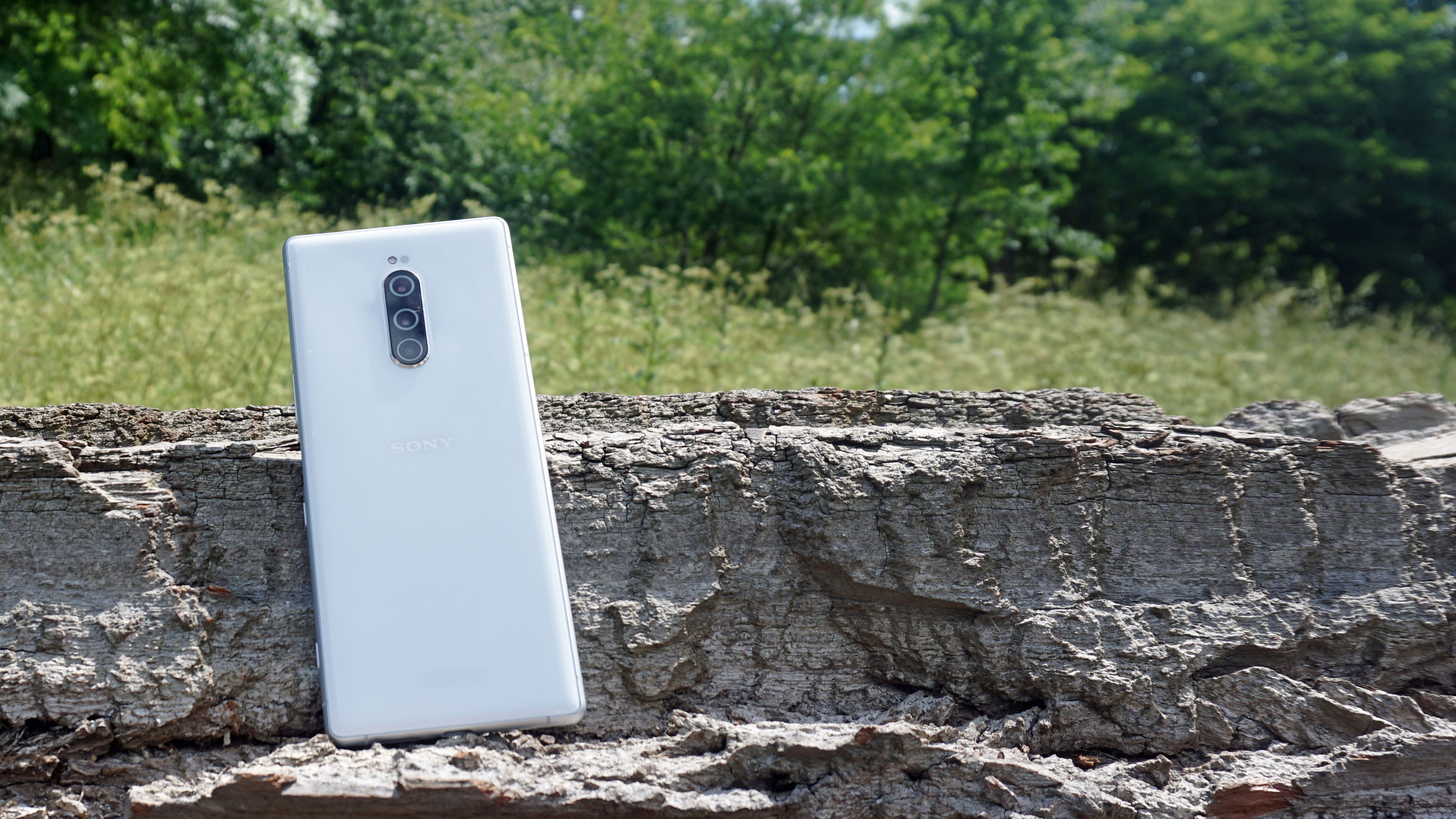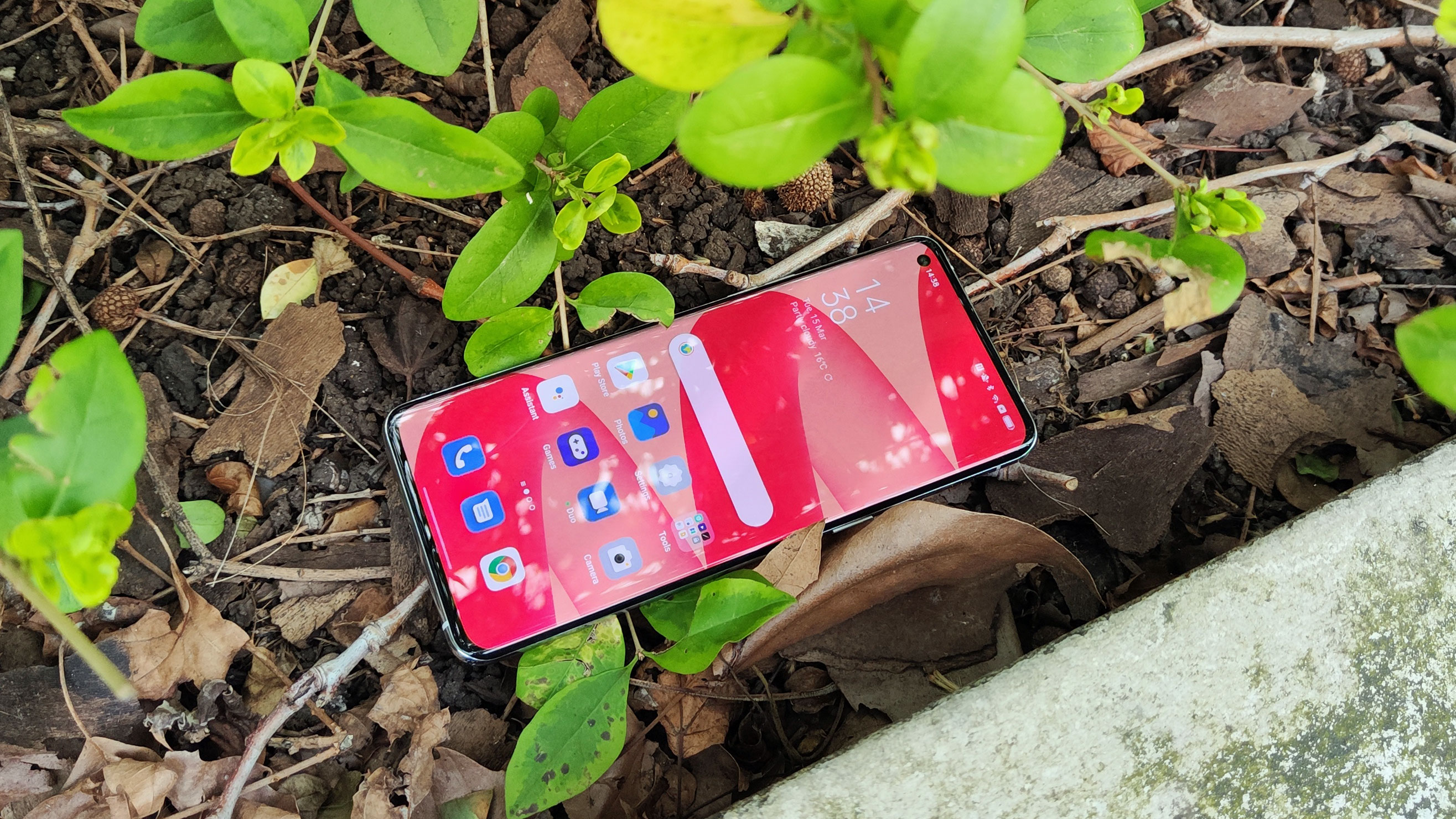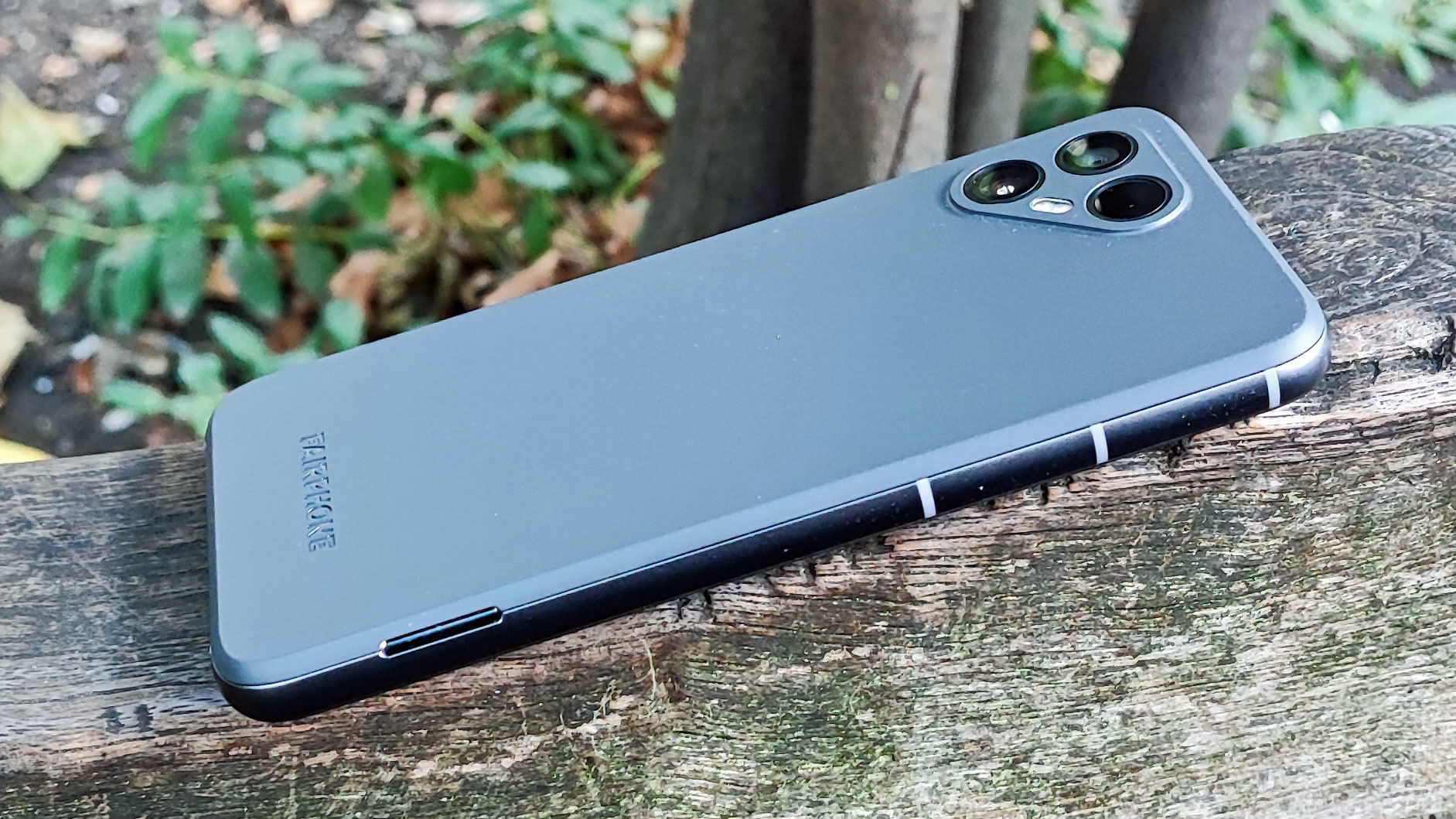Earth Day 2022: 6 phone tricks to help you make a difference and be eco-friendly
It's easy being green

Sign up for breaking news, reviews, opinion, top tech deals, and more.
You are now subscribed
Your newsletter sign-up was successful
April 22 is Earth Day, dedicated to the awareness of climate change - and sure, we probably shouldn't reserve just a single day for the human race's biggest existential crisis, but that's the way the cookie crumbles apparently.
Lots of tech brands are coming out in force to pledge their care for the environment, including Amazon making a song and dance about its sustainability efforts and Google dedicating multiple Google Doodles to things like the glacial retreat of Kilimanjaro and coral bleaching.
But it's also worth thinking about things that we could do with our everyday tech to make a small difference to the planet. Sure, none of these will remotely compare to what big companies could do in a heartbeat if they cared about the planet over profits, but if we all bear these tips in mind, it might help... maybe? Hopefully?
Well, it won't hurt, that's the main thing. So here are 6 easy tips that could help the planet in a small way, starting with smallest ones and getting bigger.
Reduce your battery consumption
You might think that the tiny bit of electricity you could save every day by changing the way you use your smartphone might not really make a difference in the grand scheme of things. But consider how often you use your phone, and how many phones there are in existence - it quickly adds up.
There are some easy things you can change about your phone to reduce power consumption that we always recommend to people:
- Turn on Dark Mode (for OLED screens)
- Stick to 4G, not 5G
- Reduce your screen refresh rate
- Use static, not live (moving) wallpapers
- Don't use an always-on display
We've got more tips in our guide on how to improve your smartphone battery life. But there are a few other ways to save power on your smartphone - make sure not to overcharge it (so don't leave it plugged in when it's at 100%) and simply use it less. Do you really need to watch a whole movie on your commute, or could you stare out the window at the beautiful Earth around us?
Sign up for breaking news, reviews, opinion, top tech deals, and more.
Sure, this is the smallest change you can make to help the environment and reduce your power use, but every little helps, right?

Buy eco-friendly accessories
Reducing our consumption is one of the key things we can do to help the planet - but that potentially brings a problem with accessories. If you buy a case, you could be hurting the planet, but if you don't, you could break your smartphone and need to buy a whole new one, which is even worse.
Except it's not that bad, because luckily, there are loads of eco-friendly smartphone cases which let you off the hook when it comes to buying new gadgets. Our list there contains loads of different brands which make great options.
Some of the options on that list are simply made with sustainable materials, others use reclaimed and recycled objects in their body like fishing nets or ocean-based plastics.
Lots of the cases are compostable too, so when you've finished with them, they don't have to clutter up landfill sites.
Avoid buying new tech when possible
One of the worst things we can do for the planet is buying new gadgets. Each new smartphone is made of parts that have been dug out of the ground, then shipped to factories in other parts of the planet to be turned into components, which are themselves jetted off to other factories to be assembled together, which in turn has to find its way to your local store shelf or door step somehow.
Each new gadget has many skeletons in its metaphorical closet, based on the materials used to make it, the resources expended in its production, and the air miles used to take it on its round-the-world trip.
That means we should avoid buying new gadgets as much as possible, to avoid the carbon footprint as much as possible, and also tell companies that we don't need brand-new flashy gadgets every year.
That doesn't mean you can't have nice things - it just pays to think smart about how you're picking up your treats.
Sometimes you'd think that you need to buy new tech, because you've broken your beloved gadget... but maybe you don't.

Repair, not replace
So you've dropped your smartphone and it's shattered - the screen now looks more like a spider-web than it does a nice flat panel. Time to get a new device right? Well - no.
It's getting easier and easier, and also more affordable, to repair broken phones instead of replacing them. Lots of companies are getting better at providing third-party repair shops the parts and knowledge to fix mobiles, a fact that's been spurred on by legal changes in various countries.
So if you've damaged your phone, it's easy to get it repaired - many phone repair places take just hours to fix it, depending on the damage. Plus, this means you're not incurring the big carbon footprint that comes with buying new.
Sometimes, you don't even need to rely on a shop. Websites like iFixit have guides on how to fix damaged tech - and sometimes you don't even need this. We've got years of extra use out of damaged gadgets simply by buying a screen protector or case to cover up small cracks or smashes.
Pass on your old tech
If you absolutely must must must buy a new gadget, don't throw your old one in the bin - just because you're done with it, doesn't mean it's finished with. And that's if you don't want to find another use for it, which you definitely can, as we've got a guide on ways to repurpose your old smartphone.
There might be someone in your life who could use your old tech. Seniors who aren't well-acquainted with tech, or technophones who won't use a gadget much, don't necessarily need the newest and flashiest phone, and could easily make do with a several-year-old Android or iPhone mobile or tablet.
If you don't know anyone, hunt around a bit, because lots of charities take second-hand phones if you've still got chargers. Lots of people, including disadvantaged children or refugees, could have their lives greatly improved with a phone and all the possibilities it provides.
And if your phone is beyond repair, there are still ways you can help the planet with it. Handsets have lots of rare materials in them, so recycle them! If you simply Google 'recycle smartphone' you'll be able to find places nearby that will accept your phone and extract the important elements from it.

Buy smart
Not all new phones are equal when it comes to how eco-friendly they are - some companies seem to care about the planet, using sustainable materials and production practices, and others... don't.
Greenpeace used to publish an annual Guide to Greener Electronics - it hasn't done so since 2017, and you can find that one here, but it's a useful indication of which brands to look to and which to avoid.
The two main eco-friendly phone makers are Fairphone in Europe and Teracube in the US, and they make long-lasting phones with sustainable materials and fair manufacturing processes. If you want green mobiles (sometimes literally, in the case of the Fairphone 4) then they should be your first port of call.
You also should consider buying refurbished tech - these are second-hand mobiles that have been professionally restored to be as-new. If you buy from a trusted outlet these can treat you just as well as brand-new gadgets, but without the carbon footprint.
Even for mainstream phones, some brands like to make a fuss about climate considerations. Apple and Samsung in particular take time in their keynotes to discuss how their phones used sustainable materials for certain components, but it's always a little dubious as to how much this is honest, and how much is just disingenuous marketing fluff.
But with just a little research you can easily find which phones are better for the planet than others, and this can easily help your buying decision.

Tom Bedford is a freelance contributor covering tech, entertainment and gaming. Beyond TechRadar, he has bylines on sites including GamesRadar, Digital Trends, WhattoWatch and BGR. From 2019 to 2022 he was on the TechRadar team as the staff writer and then deputy editor for the mobile team.